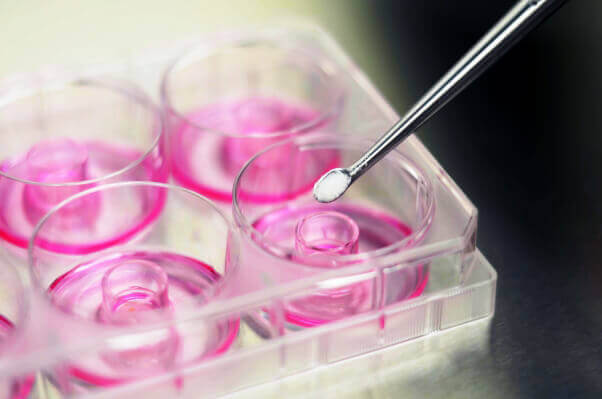PETA Science Consortium and MatTek Award 3D Human Tissues To Save Animals from Labs
MatTek Corp. and the PETA International Science Consortium Ltd. have teamed up to increase the use of human-relevant in vitro methods and decrease animal use by announcing a call for short proposals to win free, three-dimensional reconstructed human tissue equivalents from MatTek.

Researchers from industry, academia, and government are encouraged to submit short proposals describing how they will use three-dimensional reconstructed human tissue equivalents from MatTek.
MatTek’s tissues—including dermal, ocular, respiratory, intestinal, oral, and vaginal tissues—are derived from human epithelial cells and can be used in product development, regulatory testing, or basic exploratory research applications that have historically used animals.
For example, instead of forcing rats to inhale potentially toxic chemicals, scientists can use MatTek’s EpiAirway, which is composed of human-derived lung cells. Or, instead of rubbing chemicals in a rabbit’s eyes, scientists can use MatTek’s EpiOcular, which is composed of human-derived eye cells.
PETA Science Consortium members have teamed up with MatTek before to accelerate the development, validation, and global implementation of alternatives to testing on animals. PETA UK funded the final validation of a three-dimensional model (EpiDerm) formed from human skin cells that can now be used worldwide in place of rabbits to test how human skin will react to potentially corrosive and irritating chemicals. To date, PETA Science Consortium members have contributed nearly $2 million in total toward improving and implementing non-animal research methods.

